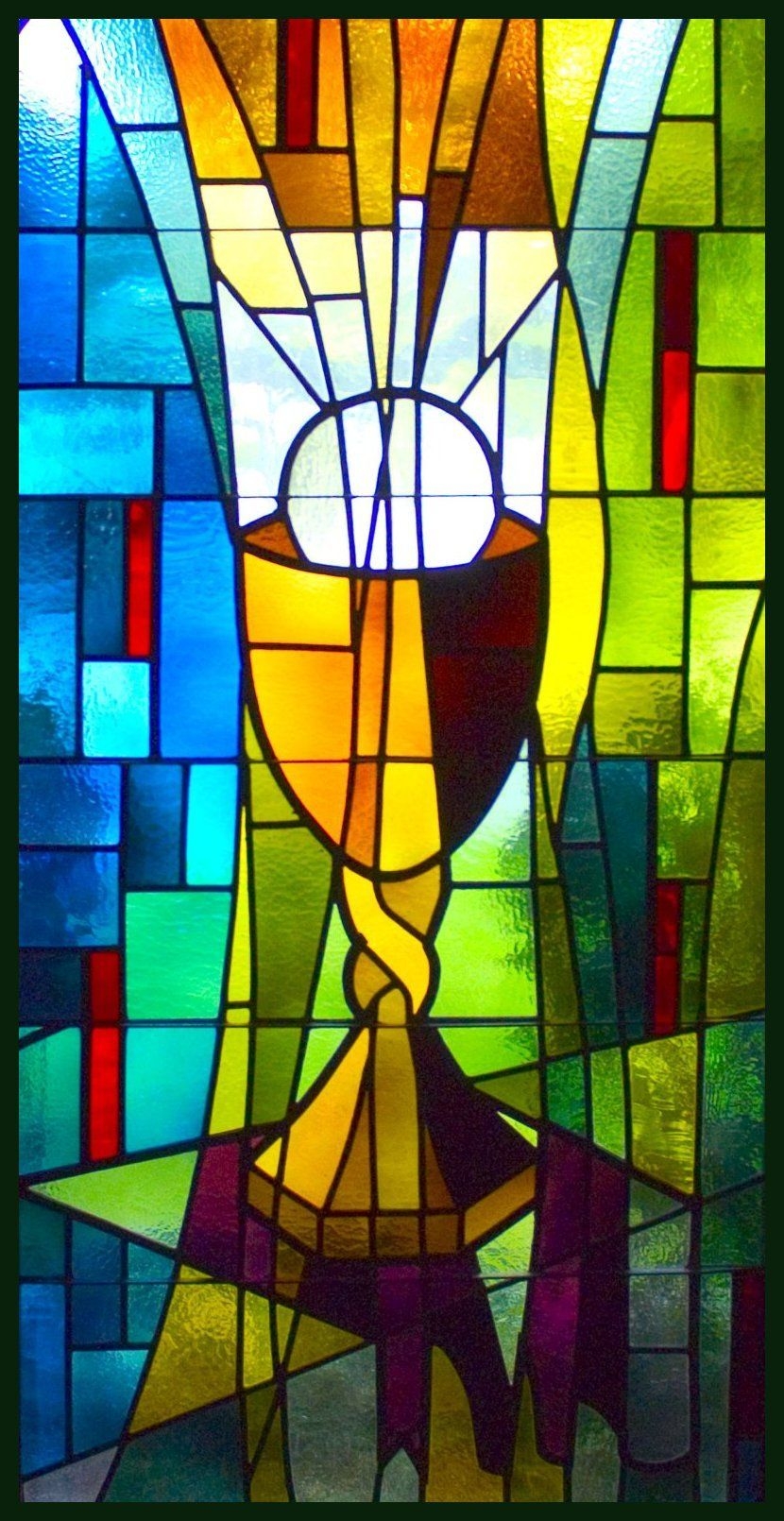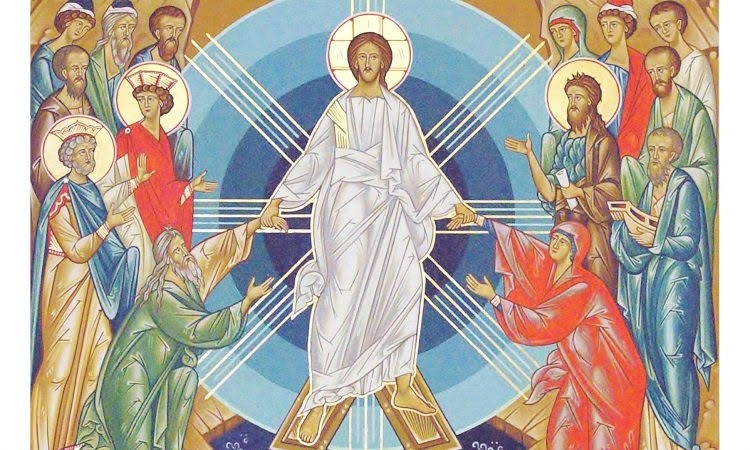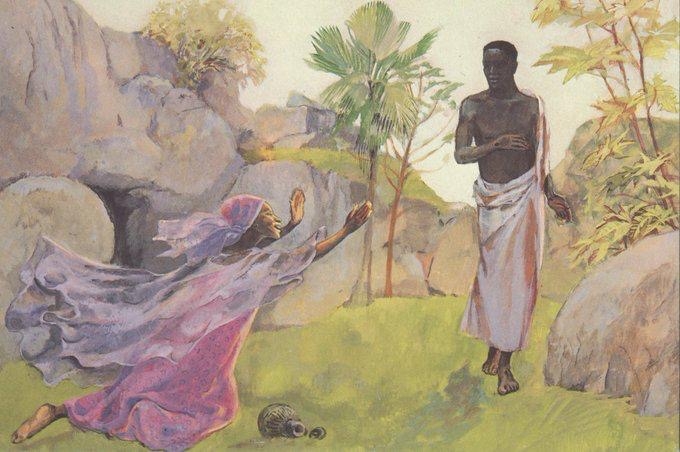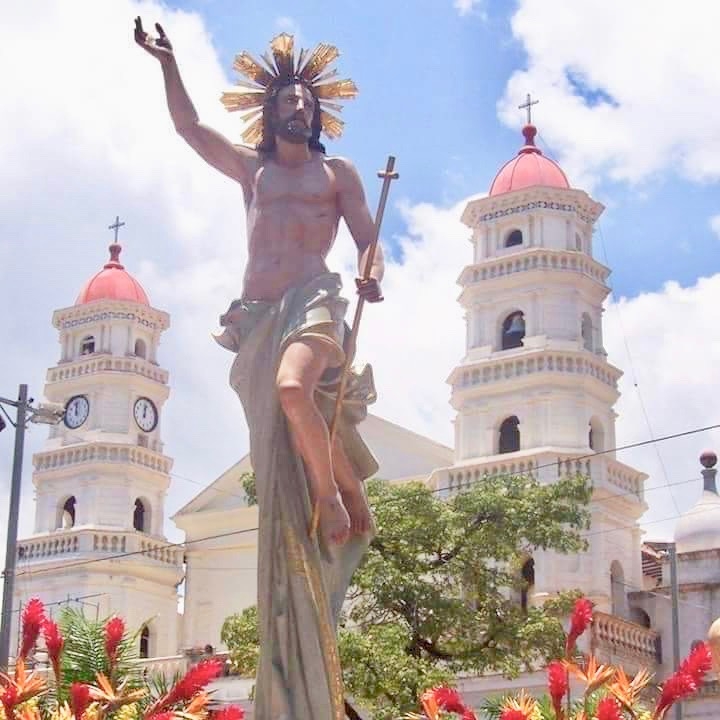These reflections are a result of more than 40 years of ministry as a Roman Catholic priest. Most of these years I spent in the Diocese of Charlotte which covers Western North Carolina. Now I am retired, and live in Medellín, Colombia where I continue to serve as a priest in the Archdiocese of Medellín.

And it happened that,
while he was with them at table,
he took bread, said the blessing,
broke it, and gave it to them.
With that their eyes were opened
and they recognized him,
but he vanished from their sight.
Then they said to each other,
“Were not our hearts burning within us
while he spoke to us on the way
and opened the Scriptures to us?”
So they set out at once
and returned to Jerusalem
where they found gathered together
the Eleven and those with them who were saying,
“The Lord has truly been raised
and has appeared to Simon!”
Then the two recounted
what had taken place on the way
and how he was made known to them
in the breaking of the bread.
(Lk 24:28-35)
We still know him in the “breaking of the bread.” It is the Risen Lord that speaks the words of Everlasting Life to us as He walks with us on the way.

And the two angels said to Mary of Magdala, “Woman, why are you weeping?”
She said to them,
“They have taken my Lord,
and I don’t know where they laid him.”
When she had said this,
she turned around and saw Jesus there,
but did not know it was Jesus.
Jesus said to her, “Woman, why are you weeping?
Whom are you looking for?”
She thought it was the gardener and said to him,
“Sir, if you carried him away,
tell me where you laid him,
and I will take him.”
Jesus said to her, “Mary!”
She turned and said to him in Hebrew, “Rabbouni,” which means Teacher.
(Jn 20:13-16)
In the early church, Mary Magdalene was called the “Apostle to the Apostles” and sometimes the “Equal to the Apostles.” She was the first to see the Risen Lord, the first to receive the apostolic mission: Go and Tell. It was Mary Magdalene who went to the tomb, and because she was there the Easter Good News was proclaimed: Go and Tell.

Mary Magdalene and the other Mary
went away quickly from the tomb,
fearful yet overjoyed,
and ran to announce the news to his disciples.
And behold, Jesus met them on their way
and greeted them.
They approached, embraced his feet,
and did him homage.
Then Jesus said to them, “Do not be afraid.
Go tell my brothers to go to Galilee,
and there they will see me.”
(Mt 28:8-10)
The Octave of Easter invites us to celebrate each day this week as Easter Day itself. We see the Risen Lord through the Resurrection Appearance stories to the first disciples, as if we were passing through the hours of that first Easter Day. And to these stories we add our own, because as He promised: “I will be with you always until the end of the age” (Mt 28:20).

On the first day of the week,
Mary of Magdala came to the tomb
early in the morning,
while it was still dark,
and saw the stone removed from the tomb.
(Jn 20:1)
Mary Magdalene is the first witness to the Resurrection. Which is why the early church always called her, the “Apostle to the Apostles.” She is the one who brings the Good News to Peter and to the Beloved Disciple, and of course to us. In this time of fear, panic and grief, Mary Magdalene still brings us Good News of a Love stronger than death. As the old sequence asks:
Tell us, Mary, what did
you see on the way?
And Mary Magdalene answers:
"I saw the tomb of the living Christ
and the glory of his rising,
The angelic witnesses, the
clothes and the shroud.
Christ my hope is arisen;
into Galilee, he will go before his own."
CHRIST IS RISEN!
HE IS RISEN INDEED!!
ALLELUIA, ALLELUIA!!!

O happy fault,
O necessary sin of Adam
that gained for us so great a Redeemer!
Most blessed of all nights chosen by God
to see Christ rising from the dead!
—The Exultet
When the sabbath was over,
Mary Magdalene, Mary, the mother of James, and Salome
bought spices so that they might go and anoint him.
Very early when the sun had risen,
on the first day of the week, they came to the tomb.
They were saying to one another,
“Who will roll back the stone for us
from the entrance to the tomb?”
When they looked up,
they saw that the stone had been rolled back;
it was very large.
On entering the tomb they saw a young man
sitting on the right side, clothed in a white robe,
and they were utterly amazed.
He said to them, “Do not be amazed!
You seek Jesus of Nazareth, the crucified.
He has been raised; he is not here.
Behold the place where they laid him.
But go and tell his disciples and Peter,
‘He is going before you to Galilee;
there you will see him, as he told you.’”
The women fled from the tomb
and said nothing to anyone,
for they were afraid.
(Mk 16:1-8)
The gospel writer Mark puts a lot on our shoulders . . . the women fled and said nothing to anyone. Guess it’s up to us to tell the Good News:
Christ is risen!
He is risen indeed!
Alleluia, alleluia!



